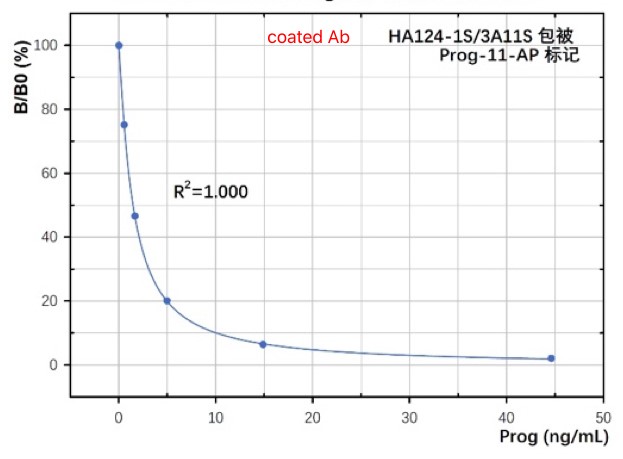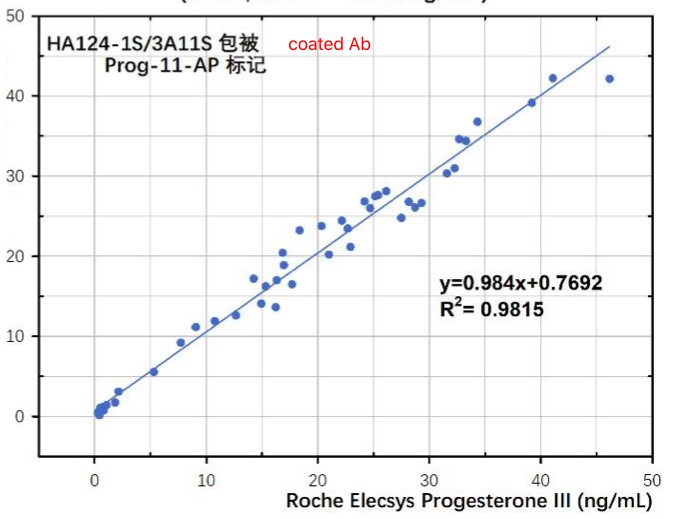Progesterone (Prog)
Progesterone is an endogenous steroid and progestogen sex hormone involved in the menstrual cycle, pregnancy, and embryogenesis of humans and other species. It belongs to a group of steroid hormones called progestogens and is the major progestogen in the body.
Details
Progesterone levels vary during a woman's menstrual cycle. The levels start low, then increase after the ovaries release an egg. If you become pregnant, progesterone levels will rise as your body gets ready to support a developing baby. If you do not become pregnant (your egg is not fertilized), your progesterone levels will decrease, and your period will begin.
Progesterone levels in a pregnant woman are about ten times higher than in a woman who is not pregnant. Men also make progesterone but in much smaller amounts. In men, progesterone is made by the adrenal glands and testes.





Related Immunoassays
- Cardiac Markers
-
Tumor Marker
-
PGII
-
G17
- CA50
-
CA125
- CA242
-
CA15-3
- CA19-9
- CA72-4
-
Pepsinogens I (PGI)
-
Human Epididymis 4 (HE4)
- Prostate-Specific Antigen (PSA)
- Squamous Cell Carcinoma (SCC)
- Neuron-Specific Enolase (NSE)
- Cytokeratin 19 Fragment (CYFRA21-1)
- Human Progastrin-releasing Peptide (ProGRP Tumor Marker)
- Protein Induced by Vitamin K Absence or Antagonist-II (PIVKA II Tumor Marker)
- Alpha-fetoprotein(AFP)
-
CEA
-
Human Chitinase 3-like 1
-
PGII
- Inflammatory Marker
- Infectious Disease
- Hormones
- Thyroid Function
- Glucose Metabolism
- Bone Marker
- Others
-
Heterophilic Blocking Reagent
- Animal Diagnostics

















